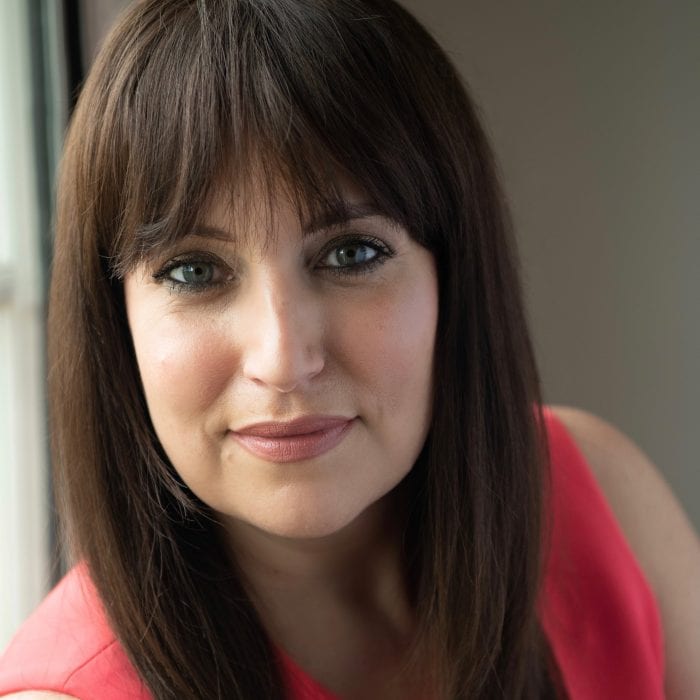Making Democracy Work: Challenges for voters in 2020
By Lisa Scott
COVID-19. Economic Meltdown. Social Justice Demonstrations. BlackLivesMatter. Shutdowns. Social Distancing. Active Military in our Cities. Misinformation. Local Budget Meltdowns. Post Office Survival. Malign Foreign Influences. Interruption of Census Reporting. Voter Suppression. And just this week, Voting Chaos exemplified in Georgia. Shall we continue listing 2020’s norm-shattering events and trends? Or do we instead renew our commitment to making American democracy work in this all-important election year?
As New York State voters, we’ve been through the worst of the pandemic, and yet also are experiencing an extraordinary amount of communication and action from our governor, Andrew Cuomo. The flurry of executive orders, daily briefings and critiques seem overwhelming, yet in a time of irresponsible misinformation it is vital for all our citizens to be spoken to as responsible and intelligent adults.
This far 2020 has been a “voting year” for the record book in New York. Starting in mid-March, village elections were postponed, special elections were delayed, a presidential primary was postponed, school board and budget elections were delayed, the presidential primary was rescheduled, cancelled, reinstated by the courts and now will be held several days after Mr. Biden has clinched the Democratic presidential nomination. Congressional and New York State Senate and Assembly primaries will be held as scheduled, but the special elections (to fill vacant lawmaker seats) will now have to wait until the November general election.
For the first time ever, the governor has ordered school districts to mail absentee ballots to every eligible voter in New York State, and to cancel all in-person voting. This presented huge challenges, and individual districts performed as best they could … but clearly need more lead time, transparency, money and much improved communication.
From very low voter turnout in all past years, school districts in 2020 expect huge numbers of ballots to be returned, and worry about voters rejecting budgets because this is one of the few ways voters can directly comment on their economic distress. But remember, school, village and special district elections are not covered by the same election law rules as what we consider primary or general elections run by county boards of election.
By 9 p.m. on June 23, voters will have cast votes in the Presidential, Congressional, NYS Senate and NYS Assembly primaries. A vast number of those votes will have been done via absentee ballots, forcing boards of elections to purchase new high-speed absentee ballot counters and incur significant costs for prepaid/postage to apply for and mail the ballot. (Absentee ballots must be postmarked by June 23 to be counted.)
There will be early voting sites open from June 13 to 21 with varying hours for those who wish to vote in person, and the usual 6 a.m. to 9 p.m. hours on election day itself — Tuesday, June 23. If a person had received an absentee ballot but decided instead to vote in person, the Board of Elections counts the in-person voting first, and when the absentee ballot from the same voter is recorded, it will not be considered a valid vote and put aside.
How will you know who is on your ballot in 2020, and what each candidate stands for? The League of Women Voter’s ballot information website, VOTE411.org, should be your go-to site. Information is usually available about four weeks before a primary or general election. LWV candidate debates are still being held, albeit virtually via Zoom and available on YouTube.
Our LWVUS CEO, Virginia Kase, recently wrote from Washington, D.C. …
“If you are like me, you might have commented from time to time that 2020 feels like the worst year ever. It’s been rough. Many of us are just entering Phase 1 of our states’ reopening plans. We’ve seen challenges to our democracy, a global pandemic, and more black lives lost because of the color of their skin. It’s hard not to feel hopeless. But what if 2020 is actually a turning point?
Yes, America is going through some very difficult labor pains right now, but I believe that our democracy can be reborn. I believe that now, more than ever, we have the power to change our country and our society for the better. Right now, there is an awakening the likes of which I’ve never seen in my life, and I am, for the first time in a long time, hopeful.
Being democracy defenders means standing up to injustice with all our power: the power of our voices, the power of our resources, and the power of our votes. That is how we continue the push for a more perfect democracy.”
Lisa Scott is president of the League of Women Voters of Suffolk County, a nonprofit, nonpartisan organization that encourages the informed and active participation of citizens in government and influences public policy through education and advocacy. For more information, visit http://www.lwv-suffolkcounty.org, email [email protected] or call 631-862-6860.







